Veganism: A Sustainable Solution
The devastating effects of climate change are impossible to ignore – rising sea levels, soaring temperatures, and extreme weather events have become all too common. While many factors contribute to this crisis, one action within our control has the potential to make a significant difference: ending our flesh eating culture.

The fishing, meat, dairy, and egg industries not only cause immense suffering to animals but also pose a severe threat to our environment.
The United Nations recognizes the urgent need for unprecedented changes, including a shift towards plant-based diets, to limit the catastrophic damage caused by climate change. Let's explore some of the key ways in which animal agriculture adversely affects the environment.
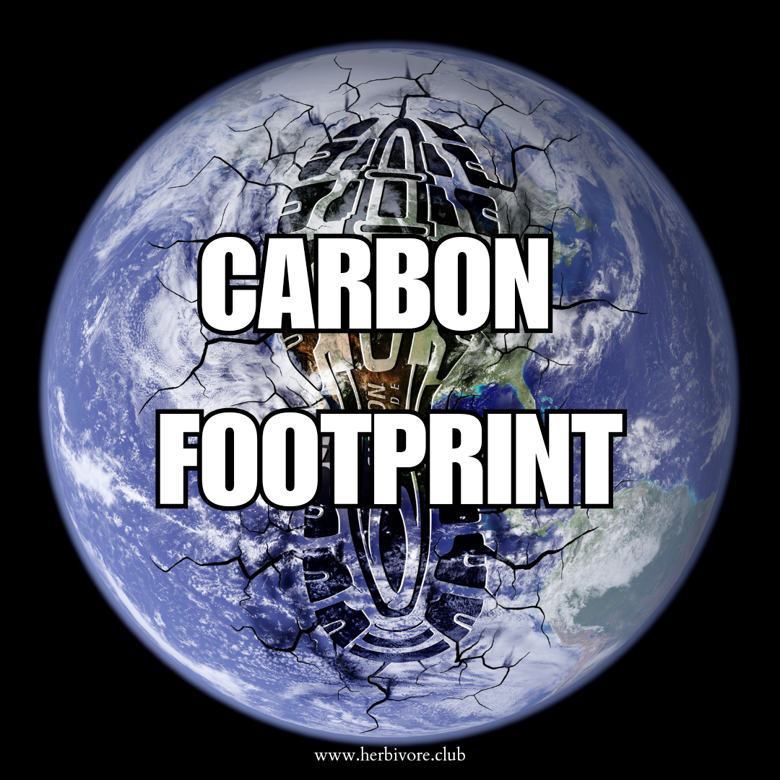
Animal agriculture accounts for a staggering 14% to 18% of global greenhouse-gas emissions, surpassing the emissions from all forms of transportation combined. Methane, a potent greenhouse gas, is released in large quantities by sheep and cows. This gas traps heat in the atmosphere and contributes significantly to climate change. Moreover, the production of feed crops, transportation, and the freezing of animal carcasses necessitate substantial amounts of fossil fuels, releasing massive amounts of carbon dioxide.
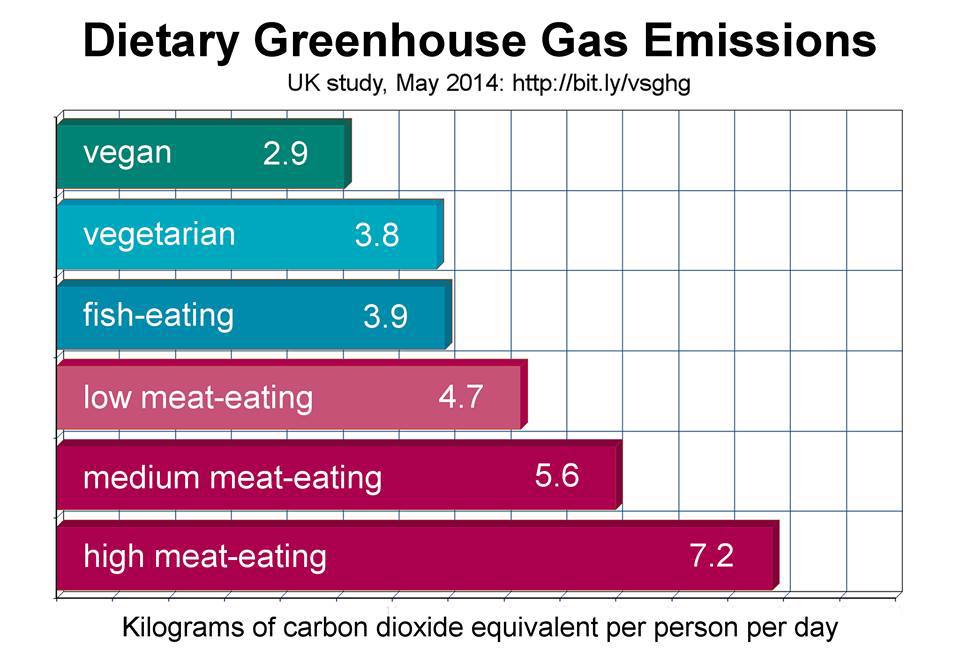
Scientists concur that plant-based foods have a smaller carbon footprint, making veganism an effective way to combat climate change.
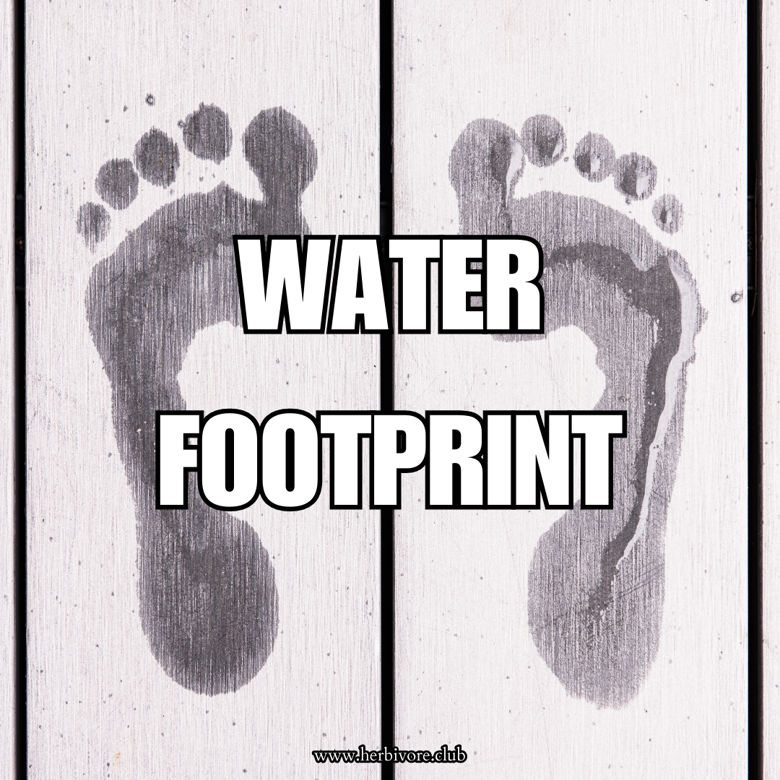
Animal agriculture leaves a shocking water footprint. The average meat-eater is responsible for consuming 15,000 liters of water per day, while it takes over five times more water to produce 1 kilogram of beef compared to growing 1 kilogram of wheat. Raising cows for milk requires 72% more water than producing soya milk. The excessive water usage contributes to ecological imbalances, depletion of aquatic biodiversity, and a strain on safe water resources. Embracing plant-based diets significantly reduces our water footprint.
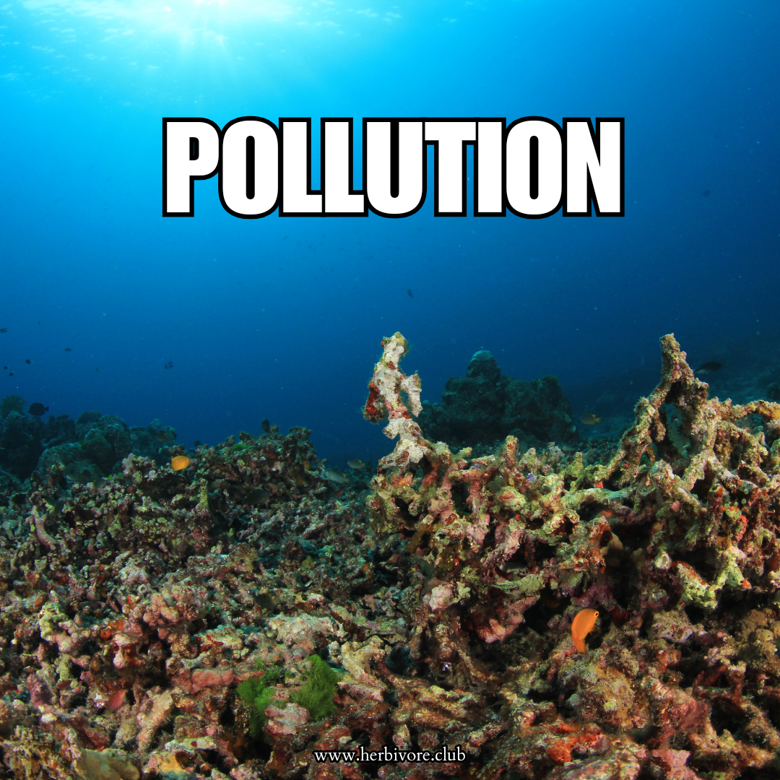
The extensive use of pesticides, herbicides, and other chemicals on feed crops results in widespread pollution. These pollutants enter the environment through waste water and excrement, contaminating land and water sources worldwide. Soil degradation, harm to human health, and the creation of ecological "dead zones" in oceans are just a few of the devastating consequences. Animal agriculture is a major contributor to water pollution, with run-off from farms polluting rivers with faeces, pathogens, antibiotics, and other drug residues. The emissions of ammonia gas from cow, chicken, and pig farms pose a threat to human health and can cause premature death.
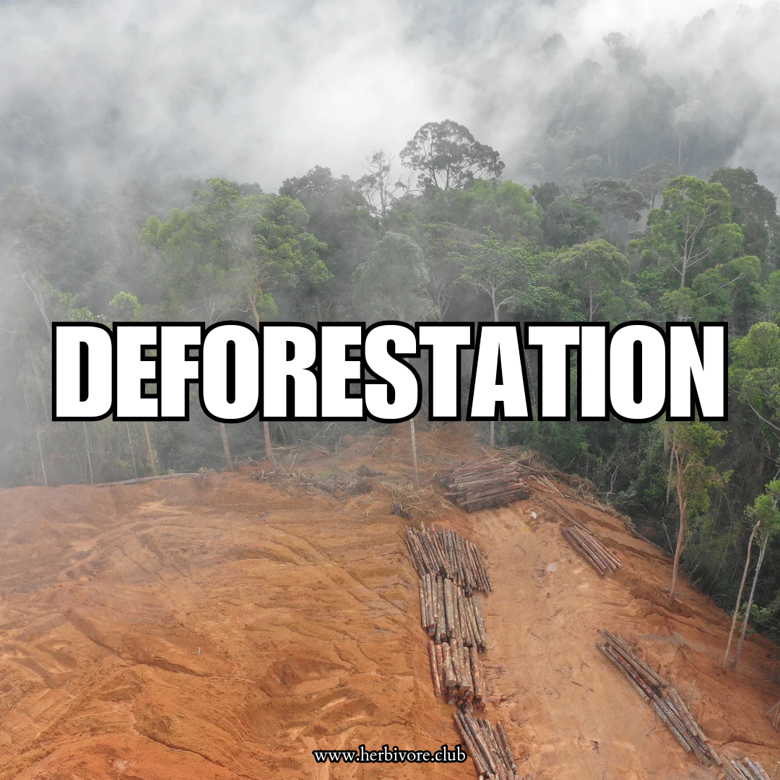
Animal agriculture occupies one-third of the Earth's land surface and is responsible for 30% of biodiversity loss. Deforestation, primarily driven by raising animals for food, destroys vital habitats and accelerates species extinction.
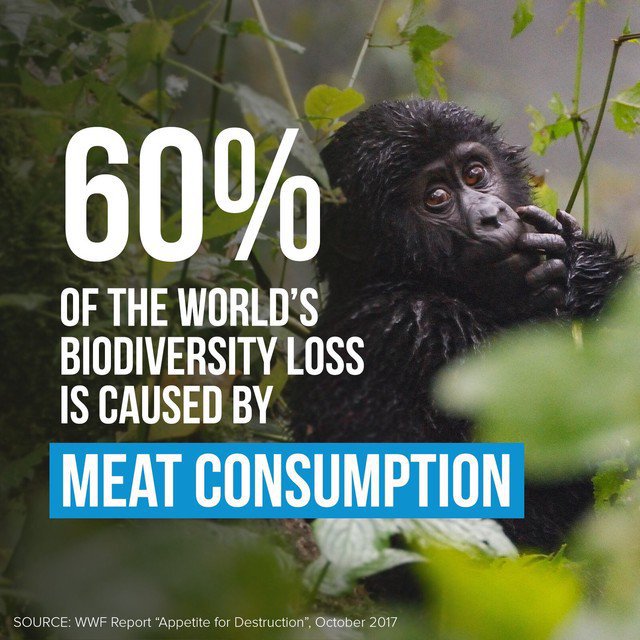
Wildlife populations are dwindling rapidly, and many animals face the risk of extinction. By transitioning away from animal agriculture, we can combat deforestation, preserve natural habitats, and protect countless species.
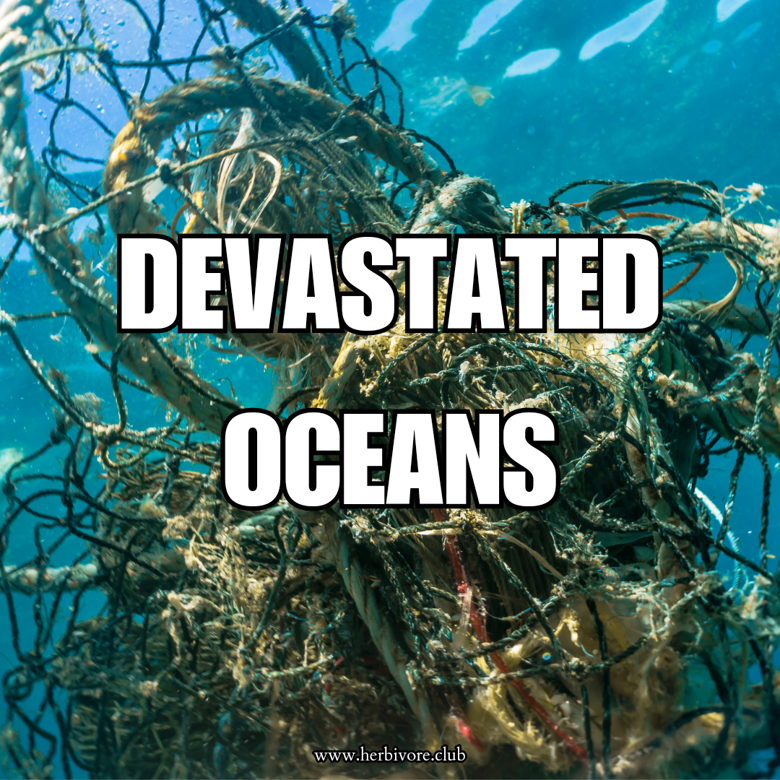
Fishing practices, including the use of destructive gear, have decimated the world's oceans. With approximately 90% of fish populations fully exploited, the future of marine ecosystems hangs in the balance. Discarded fishing gear, known as "ghost gear," mutilates and kills millions of sea animals annually. Fish farms, touted as a solution, are unsustainable and contribute to pollution, disease, and high mortality rates among farmed fish. To make matters worse farmed fish are often fed captured wild fish!

While the world faces a food shortage that disproportionately affects the most vulnerable, 760 million tonnes of grain are fed to animals annually. The inefficiency of using crops to feed livestock, rather than directly nourishing humans, exacerbates global food insecurity. By redirecting grain towards human consumption, we could alleviate hunger and ensure ample food for everyone.
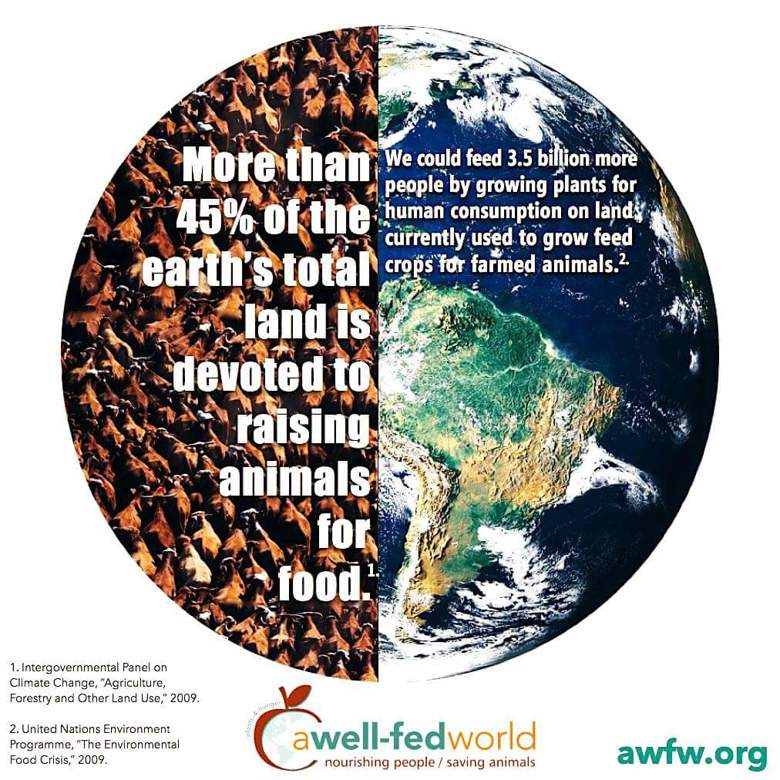
By adopting a vegan lifestyle, we can take the most effective action for animals and combat the devastating effects of climate change. Going vegan not only reduces our personal ecological footprint but also spares the lives of nearly 200 animals annually, rejecting the cruelty inherent in animal agriculture. Transitioning to plant-based diets can decrease our carbon footprint by up to 73%, significantly reduce farmland use, conserve water resources, and prevent pollution. Furthermore, embracing plant-based diets has the potential to protect biodiversity and alleviate world hunger.

Let us seize this opportunity to make a positive impact and pave the way for a sustainable and compassionate future.
All Rights Reserved.